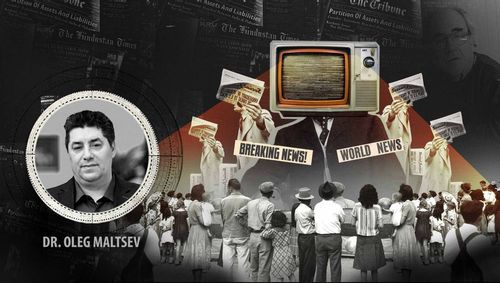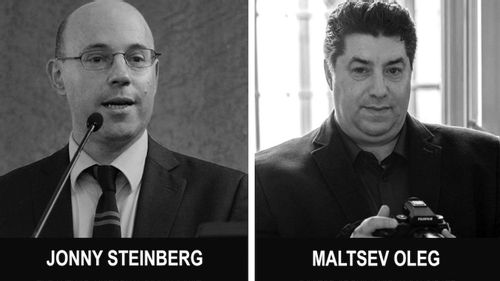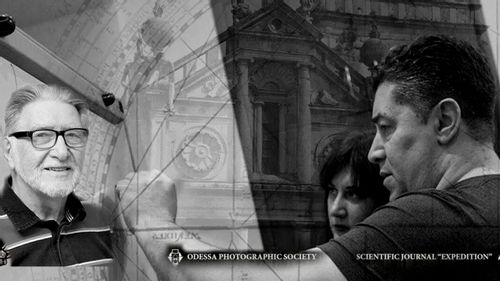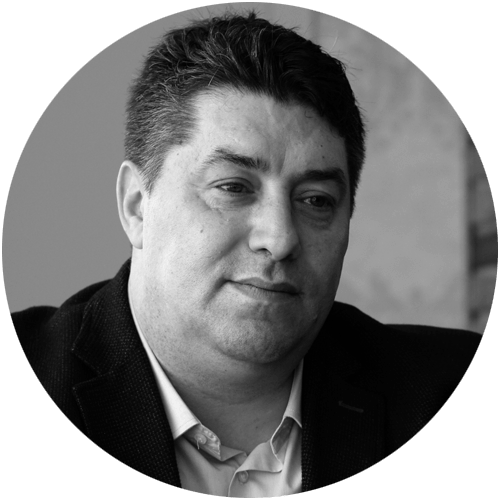
Oleg Maltsev
Author, criminologist, security expert, psychologist, photographer, and investigative journalist. He is a member of the presidium and academic researcher at the European Academy of Sciences in Ukraine (EUASU) and a member of the Ukrainian Academy of Sciences. He bears the title of Academician, indicating that he is a leading fellow in scholarly societies with substantial influence on his field. He is also the founder and director of the Memory Institute and head of the Expeditionary Corps which conducts regular field research around the world and has a unique library of thousands of film photographs, old treatises, and manuscripts. He is an author of numerous books in areas such as applied history, sociology, depth psychology, philosophy, criminalistics, and criminology. He is an editor of several interdisciplinary peer-reviewed journals.
Dr. Oleg Maltsev is an author, criminologist, security expert, psychologist, photographer, and investigative journalist. He is a member of the presidium and academic researcher at the European Academy of Sciences in Ukraine (EUASU) and a member of the Ukrainian Academy of Sciences. He bears the title of Academician, indicating that he is a leading fellow in scholarly societies with substantial influence on his field. He is also the founder and director of the Memory Institute and head of the Expeditionary Corps which conducts regular field research around the world and has a unique library of thousands of film photographs, old treatises, and manuscripts. He is an author of numerous books in areas such as applied history, sociology, depth psychology, philosophy, criminalistics, and criminology. He is an editor of several interdisciplinary peer-reviewed journals.
Dr. Maltsev received military training at the school of the Moscow Cadet Corps, where he studied and researched the origins of martial arts, combative systems, and different aspects of security field. His mentor was Viktor Pavlovich Svetlov, whose ideas and techniques in the field of self-improvement had a long-lasting influence on Dr. Maltsev. Svetlov was the heir of a Soviet tradition of the study of memory, and Maltsev also developed an interest in psychology under his influence, later encountering the theories of Leopold Szondi. Alongside his military studies, he also studied law, and became qualified for legal practice. His present research continues the scientific legacy and research programme of two outstanding Soviet scientists, Academician Grigoriy Semyonovich Popov and Alexei Samuilovich Yakovlev, whose works were introduced to him by his mentor Viktor Svetlov.
Dr. Maltsev is the founder of several organizations, including The International Schicksalsanalys [Fate Analysis] Community Research Institute, The Memory Institute, the Research Institute for the Study of World Martial Arts Traditions and Criminalistic Research on Weapon Handling, the Applied Science Association, the Institute for the Study of Human Behaviour in Extreme Situations among others. He is also involved in the initiative named Big Guns Concern, dedicated to film and digital photography. He is on the editorial board of a number of peer-reviewed journals such as American Behavioral Scientist (ABS), Baudrillard Now, Dogma, The Newsletter on the Results of Scholarly Work in Sociology, Criminology, Philosophy, and Political Science, and the Expedition Journal.
Maltsev is a prolific author and lecturer, and thousands have attended the lectures and seminars he offers in several countries and online. He is the author of monographs such as Philosophy of Southern of Italy, Photography as a Source of Scientific Information, Psychological Portrait of a Serial Killer (a joint monograph on the nature of serial killings), and The Moment of Truth. His total output includes more than 45 books, more than 20 translation of martial arts and fencing treatises, and about 40 documentary videos and movies, mostly documenting field research.
Dr. Maltsev is the head of the non-profit Centre for Criminology in Ukraine. He has researched the origin and methods used by various criminal organizations such as the Southern Italian 'Ndrangheta, the Camorra and the Mafia, and also Russian and South African criminal traditions. Maltsev justifies this interest on the grounds that understanding organized crime is necessary in designing effective countermeasures. Maltsev explained main reason behind his studies in this field during round table. In his view, the criminal environment is the main factor that shapes the mentality of criminals. Oleg Maltsev is also a Professor of Spanish Destreza and the author of several books that are devoted exclusively to understanding the methods of weapons handling of criminal organizations. Maltsev is a proponent of using primary sources and, within a research project on weapon handling, he headed a group of collaborators and translators which translated more than twenty 15-19th century treatises from archaic Spanish, Italian, English, and German into the Russian language. Among those treatises are works of Gérard Thibault d'Anvers, Don Jerónimo Sánchez de Carranza, Luis Pacheco de Narváez, Nicoletto Giganti, Blasco Florio, and Salvator Fabris.
In 2017 Dr. Maltsev pursued new research on human behaviour in high-stress situations. His study focused on the military conflict in the Donbass (2014-17) and the responses of people living in the warzone, producing a study Coping as a Factor of Personal Security in the Modern Social Environment. This also gave rise to lectures directed at journalists on surviving and reporting in high-stress conflict situations.
In 2022, photographic works of Dr. Maltsev were presented at the South Manchester Camera Club, at an exhibition dedicated to the 70th Anniversary of the club.
The Expeditionary Corps of the Memory Institute, headed by Dr. Maltsev, has so far conducted more than 40 expeditions in Europe (including Germany, Italy, Spain, Greece, Сzechia, Switzerland, Austria, Croatia, Portugal, France, and the Netherlands), the USA, Mexico, Egypt, South Africa and other countries, in search of archival and historical materials. The Memory Institute headed by Dr. Maltsev also offers expert transdisciplinary scholarly services from people across the sectors of business, law, strategy, and security studies to address complex tasks within the professional services industry.
Maltsev is a full member of the International Society of Criminology (ISC), the American Psychological Association (APA), and the American Philosophical Association, and also the chair of the longstanding Odessa Photographic Society and several other institutions working in the humanities. He is a life member of Harley Owners Group (HOG), USA, and also of the National Skeet Shooting Association (NSSA) and National Sporting Clays Association (NSCA).
Dr. Maltsev is currently working on scientific monographs on the subject of the role of phenomena of mind in the performance of high-coordination activities. Clay shooting is used a model that can explain the acquisition of complex skills in everyday life. His book "Shooter with the Orange Stock" is anticipated to be published in April, 2024. The book focuses on military-applied type of training dedicated to UTS. The UTS (Urban Tactical Shooting) discipline originated from the imperative for civilians to survive amidst warfare, urban combat, and extreme circumstances. The system comprehensively addresses all lawful applications of firearms.
Additionally, Oleg Maltsev is working with Harvey W. Kushner on a forthcoming book addressing the subject of war crimes.
Contacts:
Official site
Telegram
Facebook
Wikipedia
E-mail: drmaltsev.oleg[at]gmail(dot)com
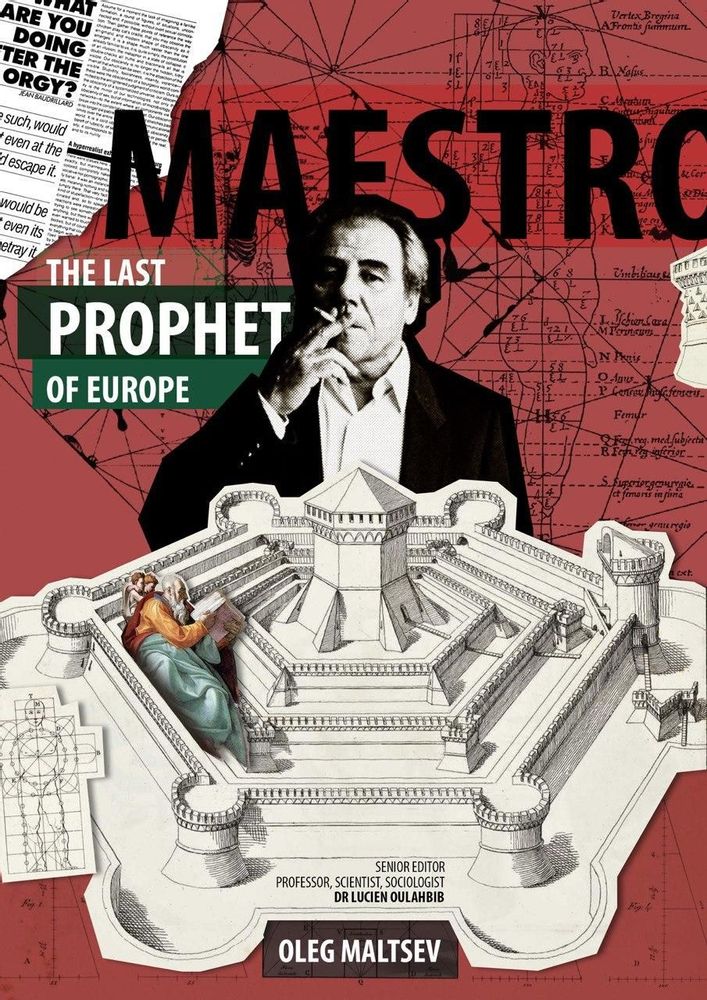 |
Jean Baudrillard, Maestro: The Last Prophet of Europe (Oleg Maltsev, Lucien Samir Oulahbib). Jean Baudrillard was a prominent French philosopher and critical theorist who authored over 50 works examining modern consumer society. This work by Oleg Maltsev provides an overview of the philosophy, sociology, and radical anthropology of Baudrillard as providing a foundation for efficiency and safety in the unpredictable and uncertain conditions of a constantly changing environment. This work is a practical book for modern people who want to take an unbiased view of current politics and take personal and collective responsibility for their present and future. |
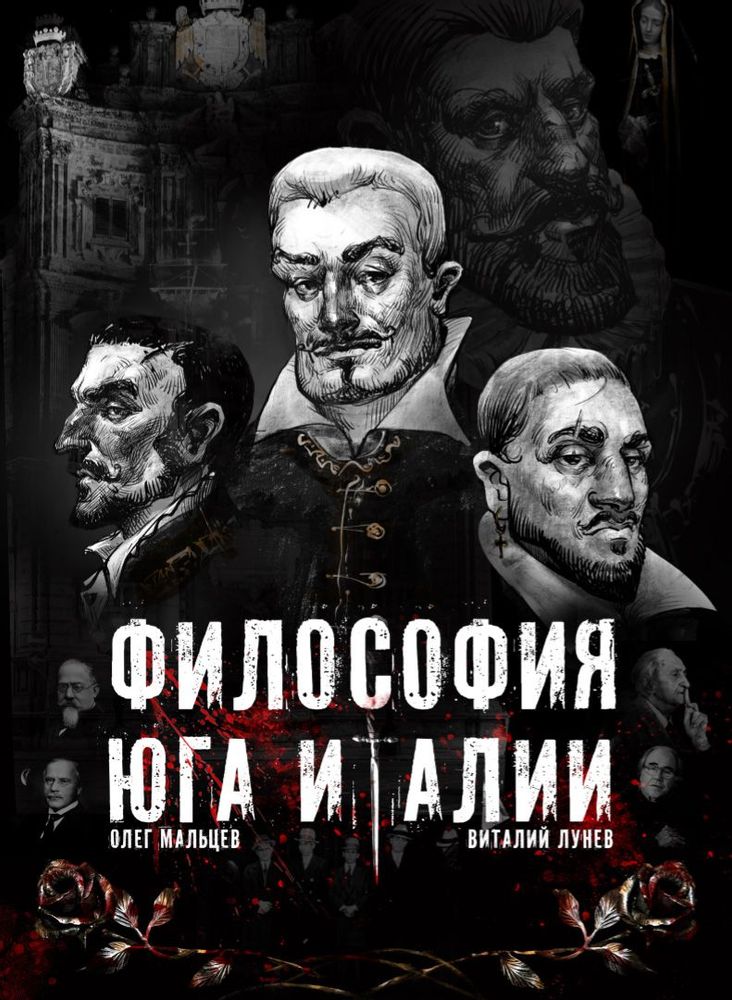 |
Philosophy of Southern Italy (Oleg Maltsev, Vitalii Lunov) This work documents the subculture and philosophy of three Southern Italian criminal organizations known as the 'Ndrangheta, the Camorra, and the Mafia. It reports the results of long-term scientific research, offering a solution to what the authors call Baudrillard's paradox in relation to how people are transformed into criminals, and applies Baudrillardian ideas such as the symbolic and fatality to understanding the criminal milieu. |
 |
Non-compromised Pendulum (Oleg Maltsev, Tom Patti) Non-compromised Pendulum is the first in a series of books on the subject of Cus D'Amato's boxing system. It results from more than 20 years of research into Cus's methods as an unbeaten boxing coach who nurtured three world champions, a feat no-one is capable of repeating today. The book argues that D'Amato was the first person to bring scientific martial arts technique to the United States. It also documents the skills and tools needed to develop a fundamental understanding of D'Amato's system and to apply it in practice, with a focus on the psychology and philosophy of the system. The book is co-authored with Tom Patti, a student of Cus who lived in the D'Amato's house alongside Mike Tyson. |
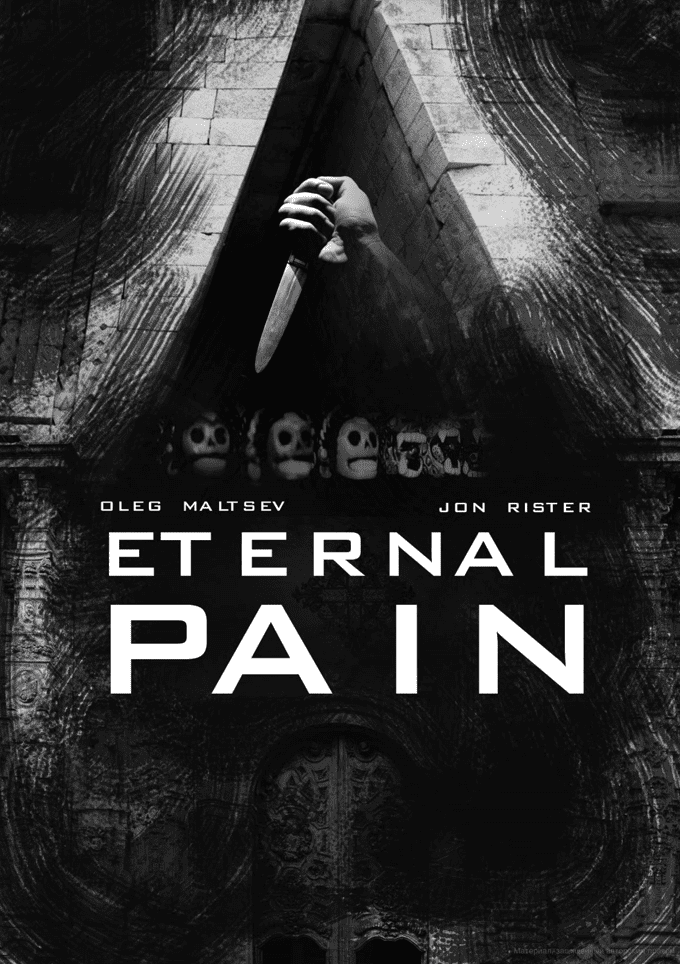 |
Eternal Pain: The Mexican Criminal Tradition This book recounts the results of scientific research regarding bladed weapon technology and techniques used in the Mexican criminal tradition. Material is compiled covering four historical periods: the pre-Columbian era; the period of Spanish colonization; the war with America in the middle of the 19th century; and a sample of the activities of Mexican gangs in the 20th and 21st century. The book also theorises the historical preconditions for the emergence of the Mexican criminal tradition. |
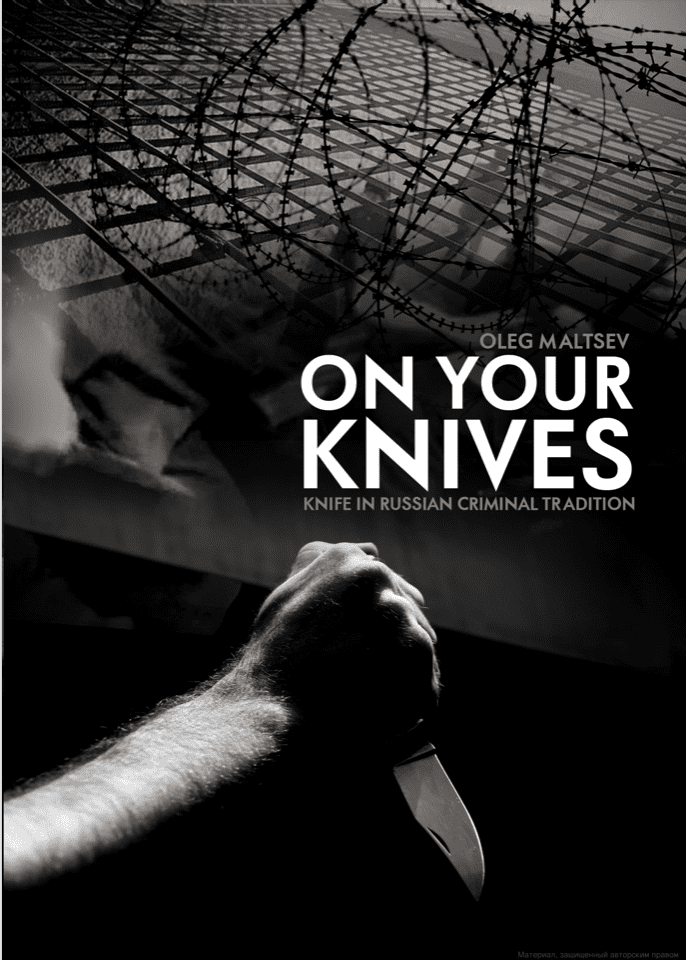 |
On Your Knives This book focuses on the Russian criminal tradition, documenting its exceptional features in relation to other criminal traditions worldwide. The book suggests that the Russian tradition is unusually dependent on social power. Unlike other milieus, the Russian tradition was somehow blended into wider social life as an inseparable but misunderstood element. Although its existence was a state secret in the Stalinist era, it was also incorporated as a central part of the arsenal of the Soviet secret service. |


